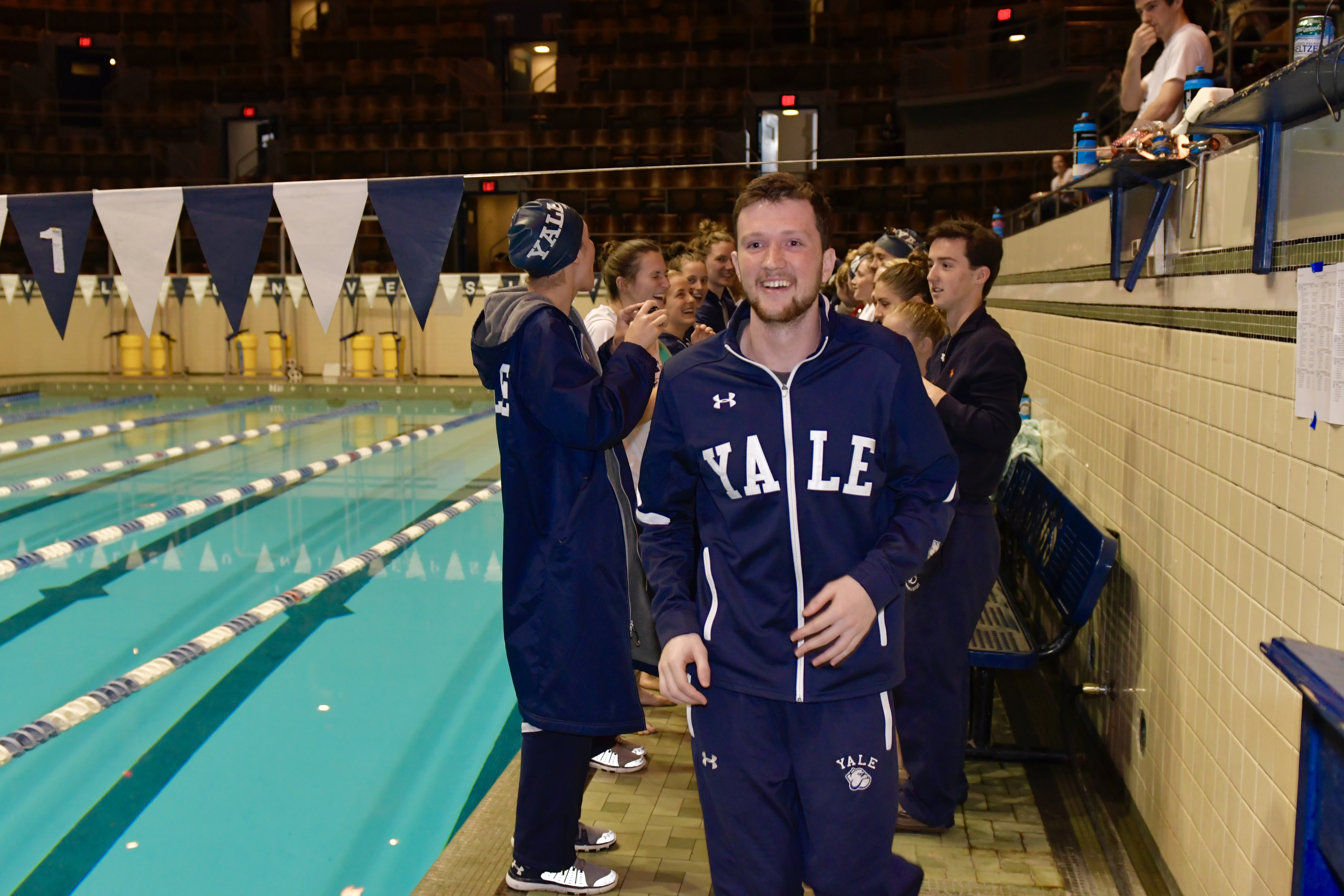Matthew Coetzee
Sociology PhD Candidate at Notre DameCultural Sociology + Theory + Social Movements + Collective Behavior + Digital Sociology
I am a cultural sociologist and PhD candidate in Sociology with a minor in Screen Cultures at the University of Notre Dame. I am a Harry Frank Guggenheim Emerging Scholar for the 2025-2026 academic year. At Notre Dame, I am a Wilsey Distinguished Graduate Fellow at the Institute for Ethics and the Common Good, a Kellogg Institute Fellow for the Study of Democracy and Development, and a Sorin Fellow at de Nicola Center for Ethics and Culture. I am also a Yale Predoctoral Fellow at the Center for Cultural Sociology.
How does moral solidarity evolve over time? And how do diverse communities rebuild connection after injustice? My book project investigates how communities respond to rupture—whether they fracture or mobilize toward moral repair. I examine how meanings and interpretations shape collective action in moments of crisis, focusing on the activation of memory, symbolic narratives, and moral frameworks. Grounded in fieldwork in post-apartheid South Africa, this research explores civil repair, racial violence, and the role of digital media in shaping community responses. I bring a global, theory-driven perspective to questions of meaning, action, and social transformation.
In addition to crisis response, I study long-term institutional approaches to reconciliation and public memory. My article, Recurating Robben Island: Cultural Objects, Digital Memory, and the Entropic Afterlives of National Heritage (American Journal of Cultural Sociology), analyzes how visitor-generated Instagram posts reframe the museum’s official narrative—revealing how digital platforms mediate fragmented and contested memory in post-conflict societies.
This broader interest in meaning and moral transformation also informs my co-authored book project, Re-Enchanted America (forthcoming at Oxford University Press), which traces the resurgence of supernatural, spiritual, and occult belief in American culture. Across these projects, I explore how collective memory, moral frameworks, and cultural meaning shift over time—whether in the wake of social rupture or through deeper currents of cultural change.
I grew up in Durban, South Africa, where I developed an early interest in questions of justice, reconciliation, and social transformation in the wake of apartheid. I pursued a double major in Sociology and African Studies at Yale University, graduating with distinction and receiving the R.F. Thompson Award for outstanding research in African Studies. I later earned a master’s degree in Public Policy and Management from SOAS University of London, where I developed a global, interdisciplinary lens on inequality, civic response, and the politics of meaning-making.
7/7/25
- I am honored to be selected as a Harry Frank Guggenheim Emerging Scholar for the 2025-2026 academic year!
6/2/25
- My paper Recurating Robben Island: cultural objects, digital memory, and the entropic afterlives of national heritage is accepted for publication at American Journal of Cultural Sociology!
4/30/25
- I am fortunate to receive the 2025 Wilsey Distinguished Graduate Fellowship at the Institute for Ethics and the Common Good (ECG) .
3/10/25
- I will a panel discussant to discuss my paper "Rupture, Repair, and the Civil Sphere: Moral Solidarity and Dynamics of Perception in Post-Apartheid South Africa" at the 2025 ASA on August 8-12, 2025.
2/28/25
- I will be presenting my paper "Eventful Sociology and Civil Sphere Theory" at 2025 Civil Sphere Theory Working Group at the University of Vienna on October 22-24, 2025.
Research Interests
- Cultural Sociology; Theory; Qualitative Methods; Digital Sociology; Social Movements and Collective Behavior; Collective Memory and Trauma; Political Sociology; Global and Comparative Sociology
Publications
Recurating Robben Island:
Cultural Objects, Digital Memory, and the Entropic Afterlives of National Heritage
American Journal of Cultural Sociology (2025)
Becker Award, Best Graduate Research Paper, University of Notre Dame
Extended from BA in African Studies Senior Thesis "Robben Island: Perspectives on Dark Tourism and the Search for Authenticity" advised by Prof. Philip Smith
R.F. Thompson Award for Outstanding Research in African Studies, Yale University
This paper explores the intersection of cultural sociology, heritage management, and national identity through an analysis of visitor-generated Instagram posts at Robben Island Museum in post-Apartheid South Africa. Drawing on a dataset of 500 Instagram posts by South African visitors, it examines how digital cultural objects created by tourists reframe the museum’s curated narrative of resilience and reconciliation. Employing theoretical frameworks of cultural trauma and cultural entropy, this study investigates how embodied experiences at the museum are transformed into visual and textual artifacts that contest, amplify, or reimagine its intended message. While the museum positions itself as a symbol of democratic triumph, visitor posts reveal divergent, recurated interpretations, ranging from reflections on Apartheid’s brutality to aesthetic appreciations of the island’s natural beauty. Furthermore, this research has broader implications for heritage sites globally, including those with contested histories, where digital platforms similarly mediate diverse visitor perspectives. By analyzing these digital artifacts, this research highlights the multivocality of public memory and the need for inclusive, participatory approaches to heritage management in post-conflict societies.
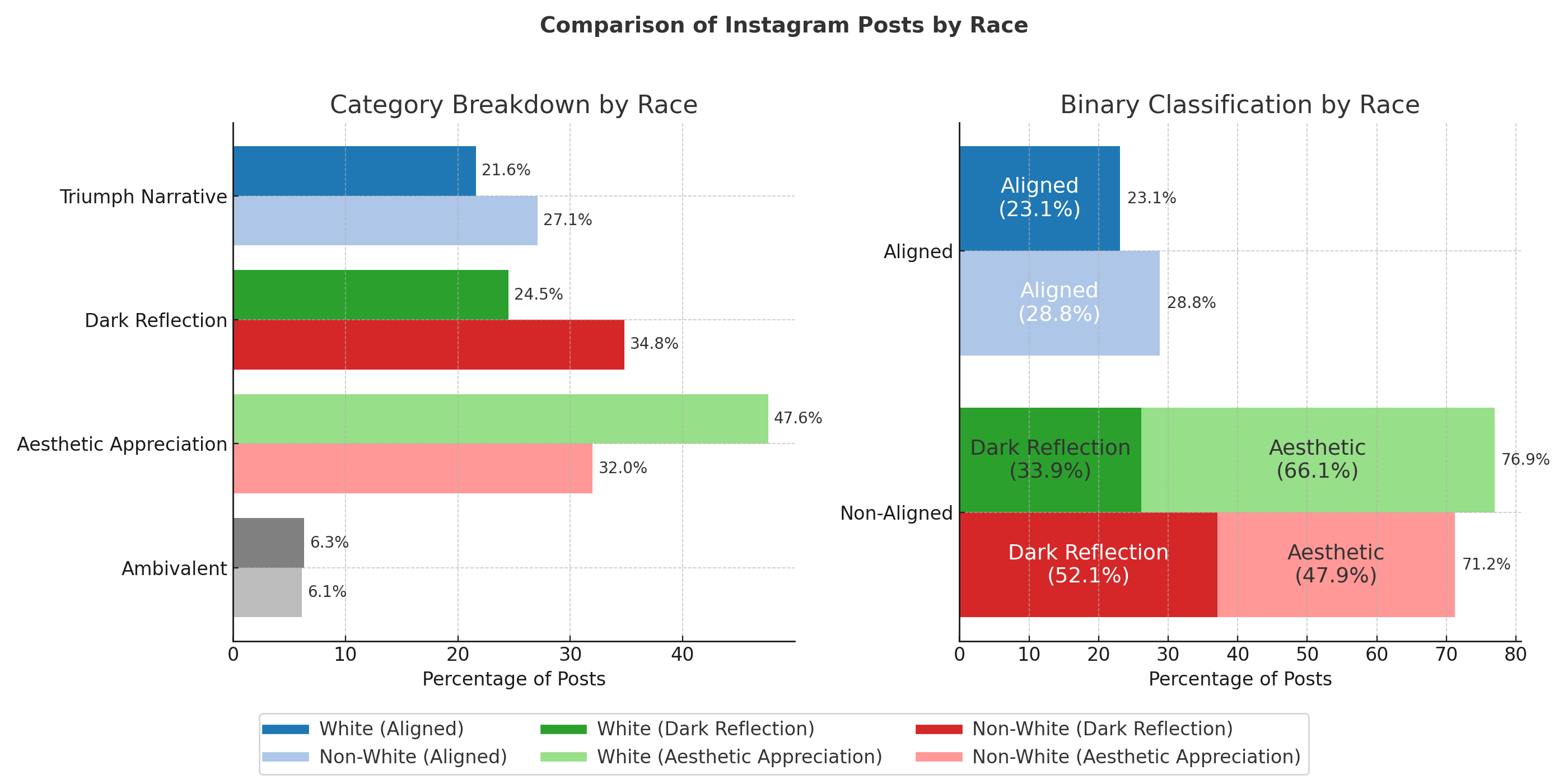
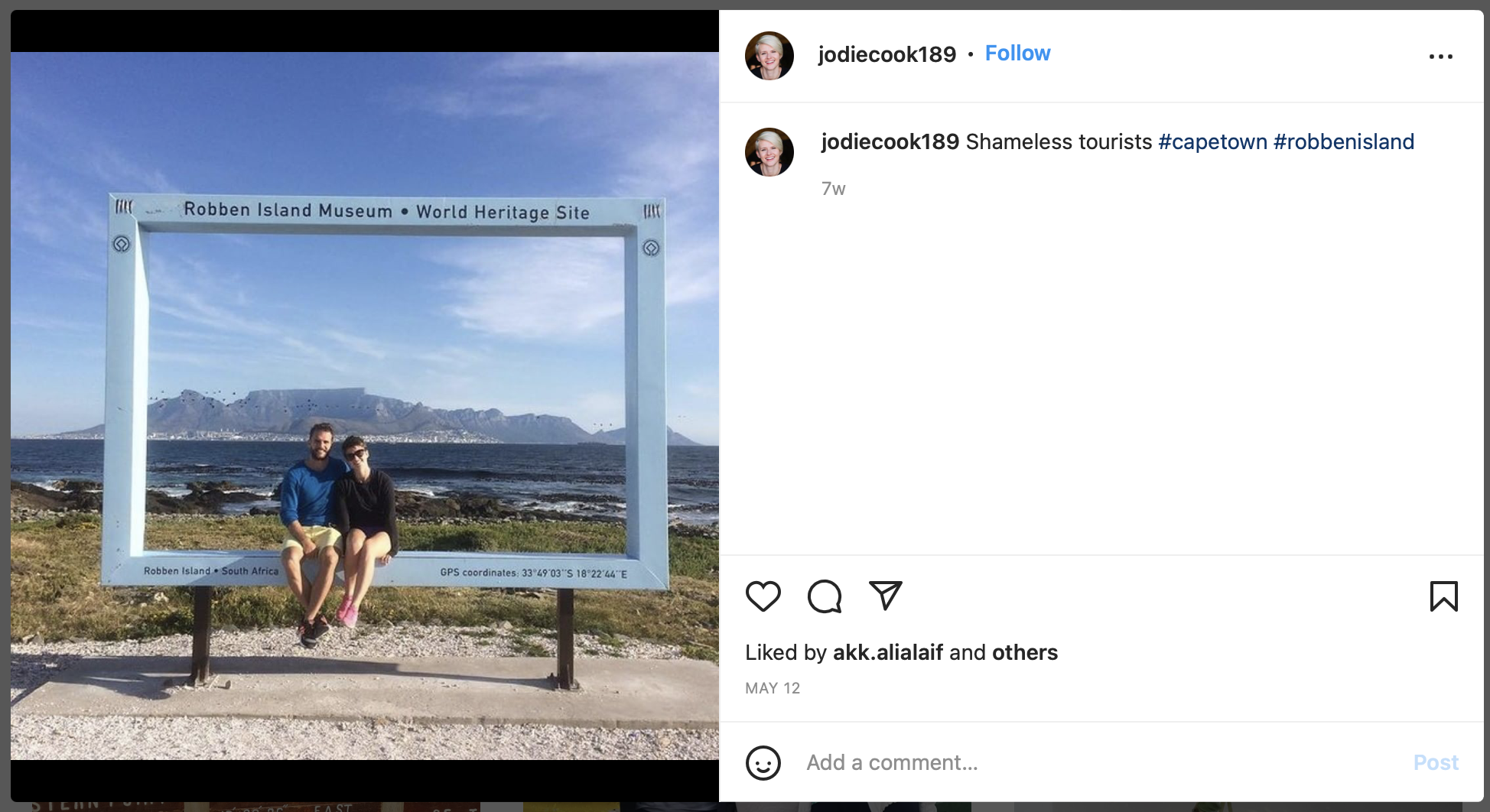
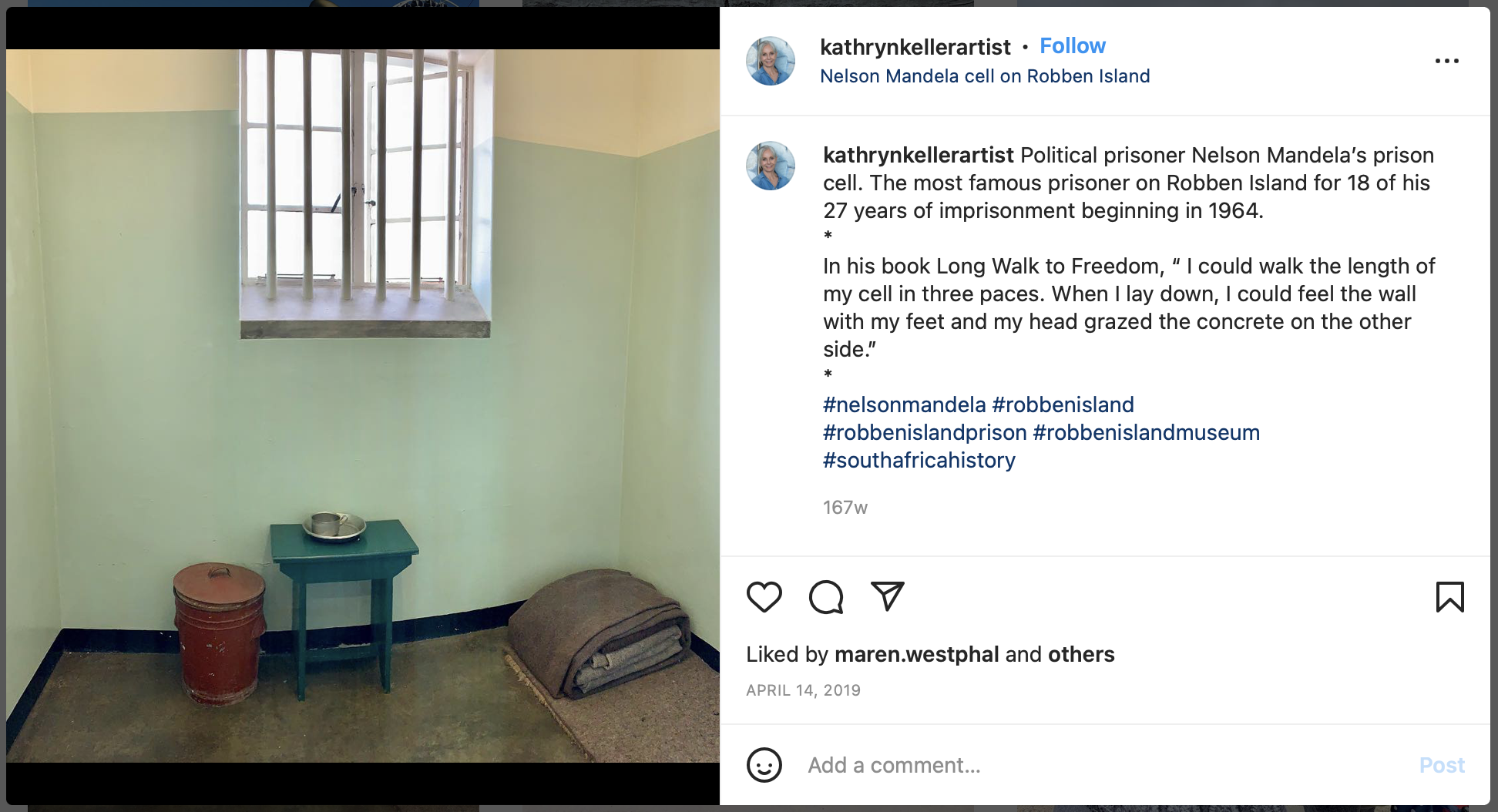
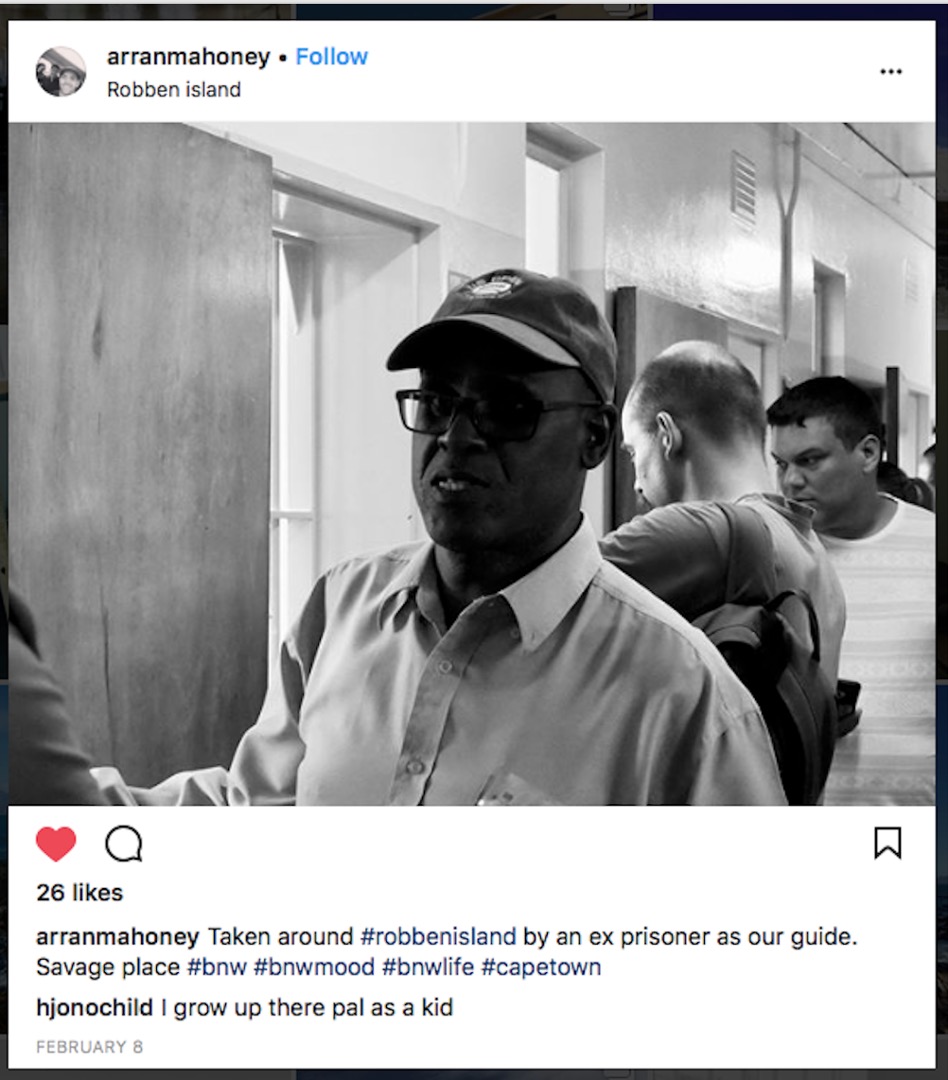
Under Review
Targeting and Orienting:
A Framework for Analyzing Social Change Efforts
with Erika Summers-Effler
Under review at American Sociological Review
Collective Memory and Moral Organization of Crisis Response
with Junhui CaiUnder review at Journal of Business Ethics (Special Issue on Business, Ethics, and Collective Memory)
Meaning as Cause:
Critical Realism, Ubuntu, and Theorizing from the Global South
Under review at Sociological Theory (Special Issue on Global Theory)
Book Manuscript
The Re-enchantment of American Culture
Oxford University Press (forthcoming)
with Christian Smith and Bridget Ritz
Follow-up to Smith, Christian (2025). Why Religion Went Obsolete: The Demise of Traditional Faith in America. Oxford University Press.
Lilly Foundation Grant
Mapping Social Change Efforts:
A Dynamic and Integrative Four-Quadrant Framework
with Erika Summers-Effler, Hyunjin Kwak, and Justin Van NessInvited chapter in Culture and Social Movements, edited by Guya Accornero and James M. Jasper (accepted)
Working Papers (near completion)
Contingent Memory Activation:
Collective Memory, Crisis Response, and the Dynamics of Social Action
In preparation for submission to American Sociological Review
Technology and the Common Good Research Grant, College of Arts and Letters
Kellogg Institute Graduate Research Grant
Why do some communities respond to crisis with cross-group solidarity while others descend into racialized violence? Dominant theories suggest that racial homogeneity fosters trust and coordinated action, while diversity fragments social cohesion. Yet during the July 2021 unrest in South Africa, a racially diverse neighborhood in Durban mobilized collective restraint, while a more homogeneous one turned to exclusionary vigilantism. To explain this divergence, I develop the theory of Contingent Memory Activation (CMA), which shows how collective memory becomes a cultural resource selectively activated to guide perception and response during disruption. CMA identifies three key mechanisms—narrative leadership, communicative infrastructures, and memory template flexibility—that shape how communities interpret crisis. Using a most-similar systems design, I compare two neighborhoods exposed to the same event, state failure, and institutional context, but differing in racial composition and mnemonic repertoires. Drawing on 120 interviews, WhatsApp archives, over 800 community-generated images and videos, and extensive field notes, I find that when memory templates are plural and contestable, communities are more likely to avoid rigid trauma loops and coordinate inclusive, de-escalatory action. These findings challenge dominant cohesion theories and extend cultural accounts of memory, meaning, and action under rupture.
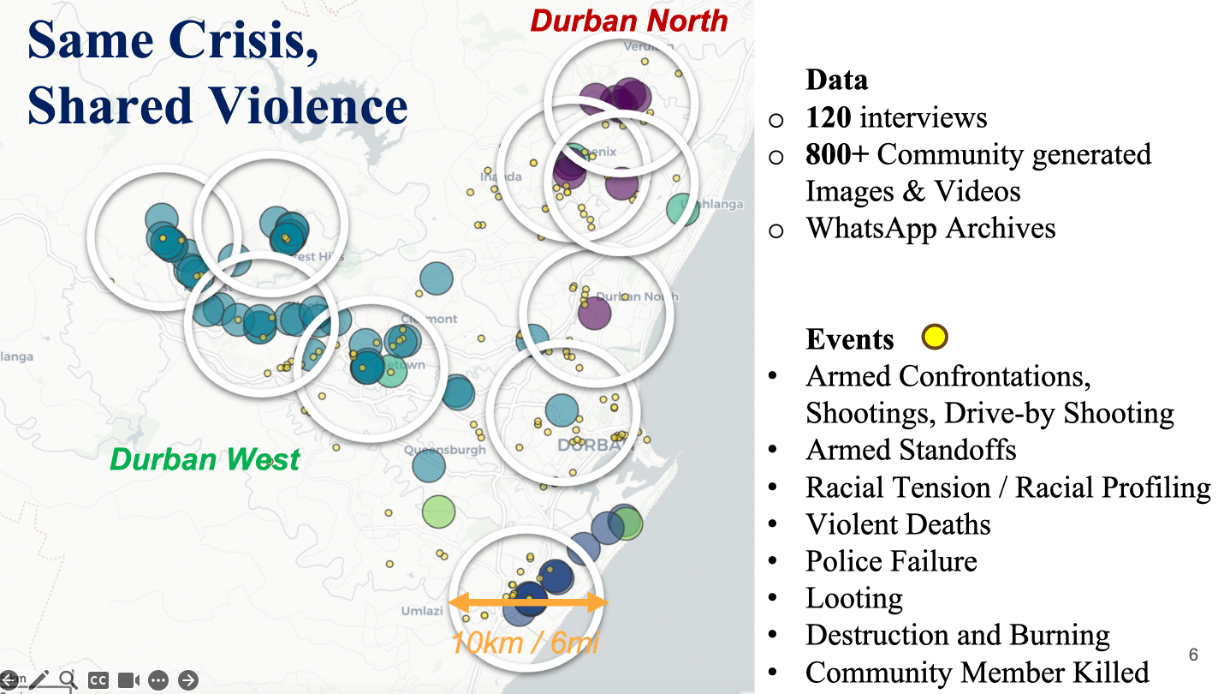
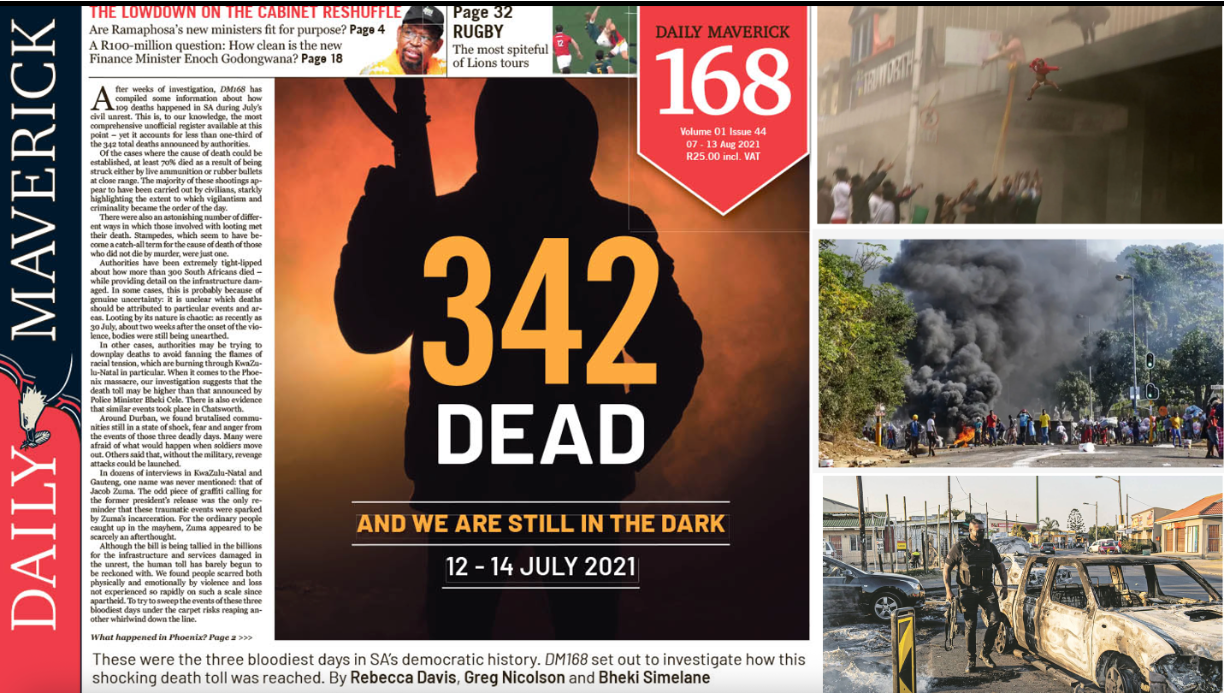
Nuance, Transposability, and Creativity:
How Perception Produces the Potential for Social Change
with Erika Summers-Effler, Stephanie Israel, and Simone PolilloIn preparation for submission to American Journal of Sociology
Working in Progress
Perceptual Aperture Dynamics:
Cognition and Cultural Responses to Disruption and Stability
In preparation for Sociological Theory
Structural Integration at Elite Universities:
Symbolic Boundary Making of Pan-African Identity
In preparation for American Journal of Cultural Sociology
Extended from BA in Sociology Senior Thesis "Social Networks and Structural Diversity at College: African Student Networks, Identity and Integration" advised by Prof. Grace Kao
R.F. Thompson Award for Outstanding Research in African Studies, Yale University
Protest Performance and Strategic Misalignment:
Solidarity, Audience, and the Limits of Mobilization in Hong Kong
In preparation for Mobilization
Other Works
Project Manager – Why Religion Went Obsolete (OUP)
with Prof. Christian Smith | 2022–2024
I was the project manager that led qualitative research operations for Why Religion Went Obsolete: The Demise of Traditional Faith in America (Oxford University Press), overseeing data collection and analysis. I managed and mentored a team of six undergraduate researchers as we conducted and coded over 220 in-depth interviews on religious disaffiliation. Our project was based in Rome during Spring 2023, where we hosted the conference Has Western Christianity Become Obsolete? Shifts in Deep Culture and Young Adult Indifference at the Notre Dame Rome Global Gateway, presenting our research to leading European scholars and members of the Vatican Curia. In addition, I helped manage training protocols in qualitative methods, directed the thematic coding process, ensured analytical rigor, and compiled curated quotations and appendices for the first book based on this research. This foundational work also supports a second book project, Re-enchanted America, which I am co-authoring with Christian Smith and Bridget Ritz. Our six outstanding undergraduate mentees have gone on to start promising careers in academia, family counseling, religious education, startup consulting, and university administration.
Yale-China Education Fellow
Yale-China Association | 2018-2020
I served as an Education Fellow and English teacher at Yali High School, founded in 1906 and one of the oldest continuous U.S.–China educational partnerships. In addition to classroom teaching, I co-directed a student production of Into the Woods and helped lead new education initiatives in Western Hunan in collaboration with local NGOs. I mentored students in English language development and guided those preparing to study in the United States—among them, a standout performer who played the Witch in our production went on to attend Stanford, while the student who played the Narrator enrolled at NYU. I completed intensive Chinese language study in Beijing as part of a summer program. This immersive experience advanced Yale-China’s mission of fostering mutual understanding through sustained cross-cultural exchange.
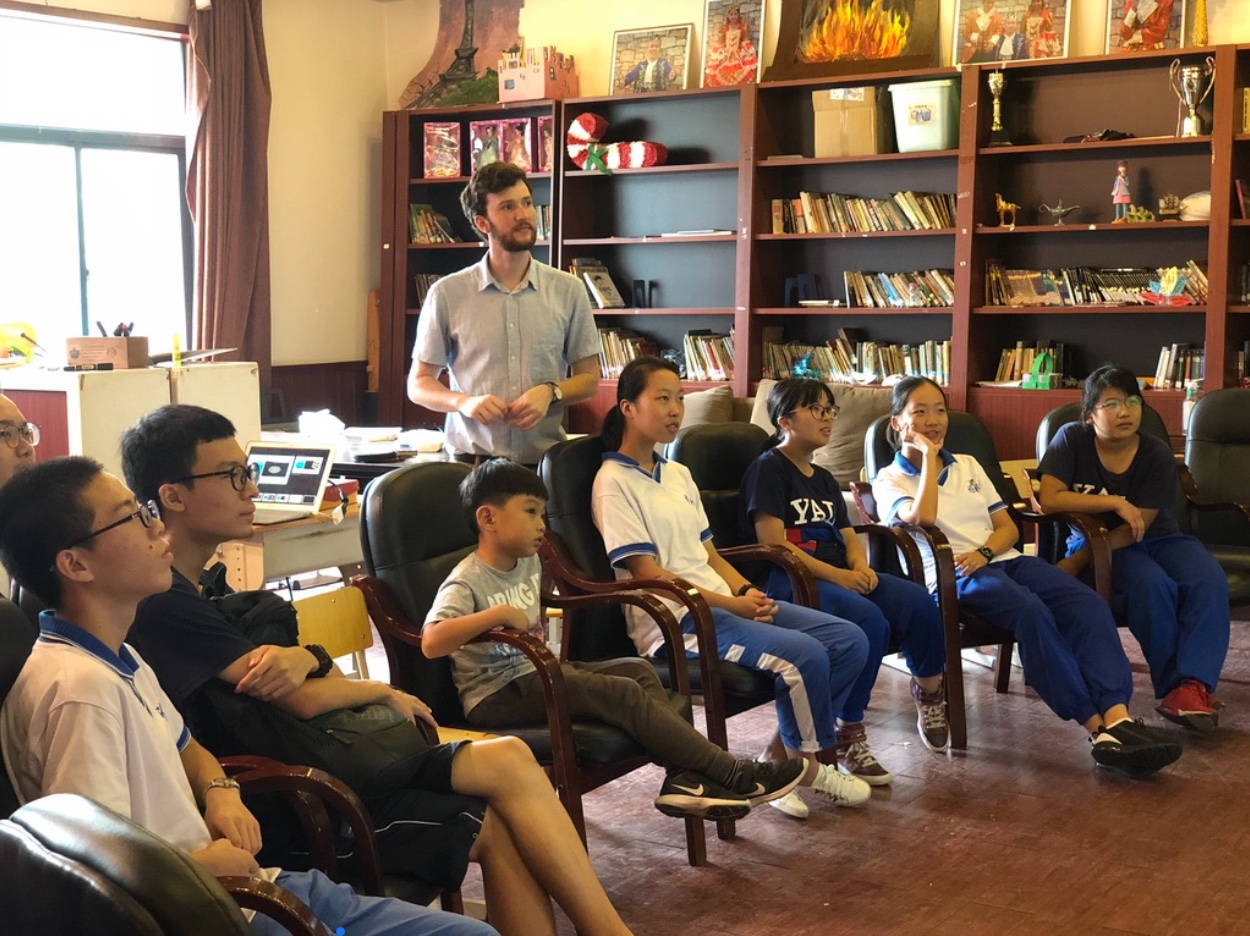
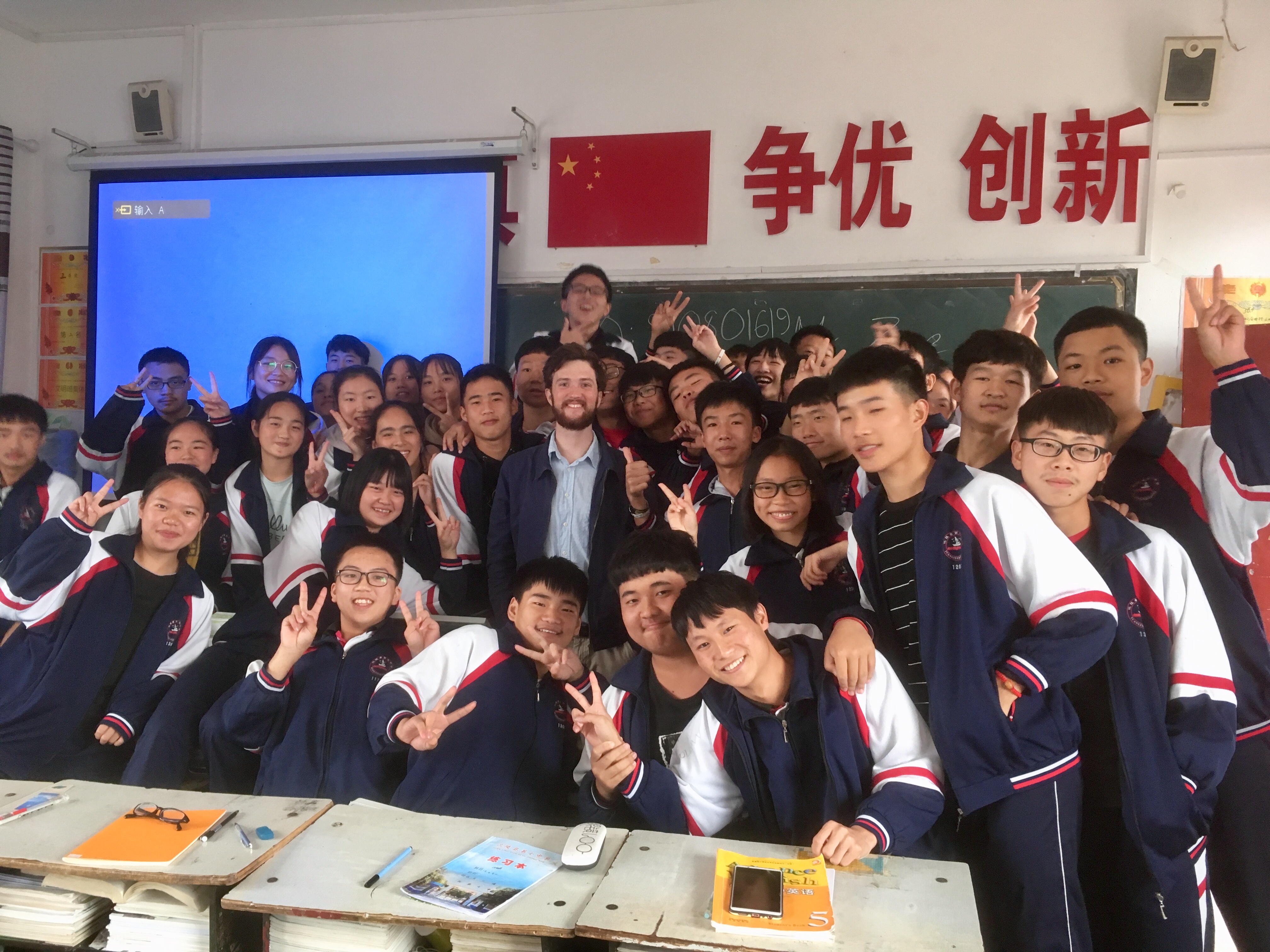
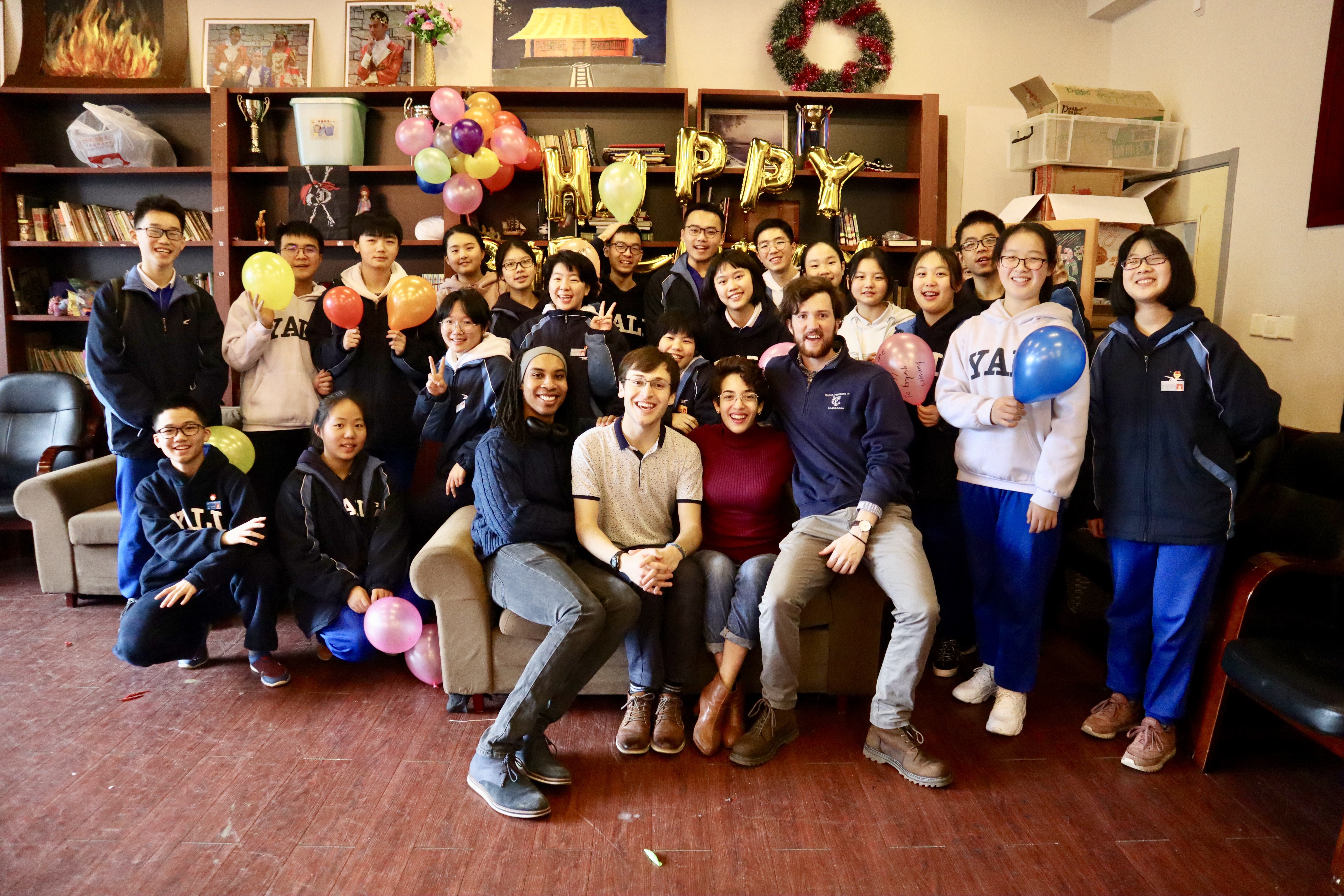
Research Fellow – Social Enterprises in Developing Economies
Rwanda | 2017
Awarded the Franciscus Fellowship for Entrepreneurship to conduct field research on food supply chains and social enterprise innovation in Rwanda. Under the mentorship of Professor Bo Hopkins, I co-authored a case study on Get It Ltd., a Kigali-based food distribution startup addressing supply chain inefficiencies through market-based solutions. I led on-the-ground research into logistical infrastructure, farmer relationships, and price volatility, and supported the company’s expansion into Musanze by developing customer relationships and mapping regional demand. The project critically examined how finance-first social enterprises can promote systemic change in developing economies, offering a grounded counter-narrative to traditional NGO and aid-based approaches to development.
Service and Community Engagement
South Africa, Rawanda, Zimbabwe, USA
My service work spans educational mentorship, interfaith dialogue, community uplift, and institutional advocacy—across South Africa, Rwanda, Zimbabwe, and the United States. At the University of Notre Dame, I currently coordinate the Ethnography Workshop and volunteer at St. Augustine’s Church Soup Kitchen. I have also contributed to faculty hiring as a graduate student member of an Open Search Committee. In South Africa, I worked with the Hillcrest AIDS Centre Trust to design an educational impact survey for over 8,000 rural youth—research that helped consolidate international donor funding. As a Yale Young African Scholars (YYAS) Associate Fellow in Kigali and Harare, I taught seminars on social enterprise, religion and politics, SAT prep, and college essays to over 300 high-achieving, low-income students from across the continent, while offering year-long mentorship during the application process.
During my undergraduate years at Yale, I served as a Chaplaincy Fellow, organizing campus-wide events on purposeful living and religious diversity, and participated in a service-learning trip to Washington, D.C., where I volunteered with the World Food Bank and engaged with local religious communities. I held leadership roles in the Yale African Students’ Association—directing Africa Week in 2015 and 2016, coordinating guest speakers, and leading cross-diasporic dialogue events on race, education, and identity. As an Inclusion Council member of the Yale International Students’ Organization, I co-authored a report on international student well-being, resulting in expanded access to financial aid and mental health resources.
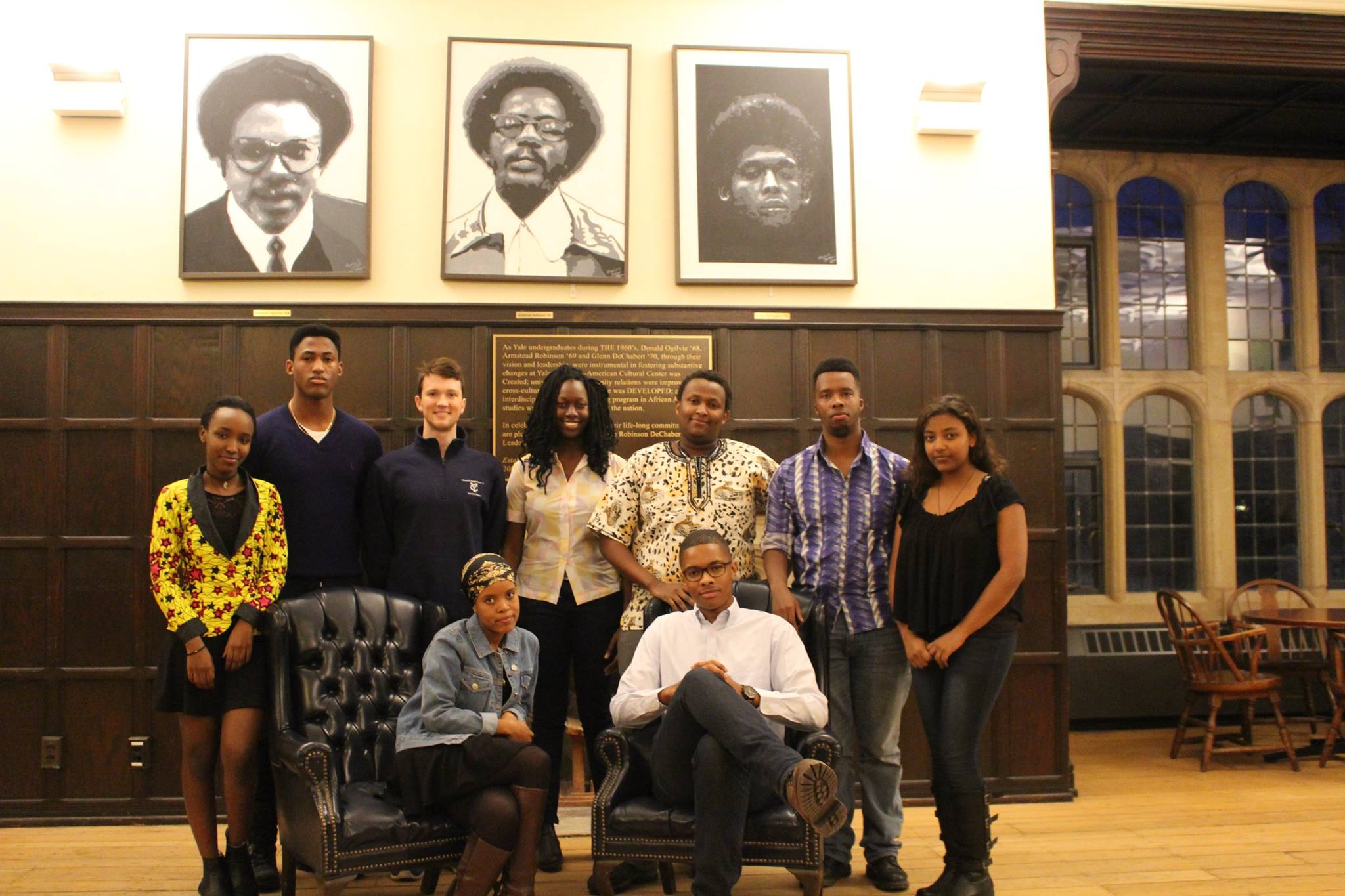
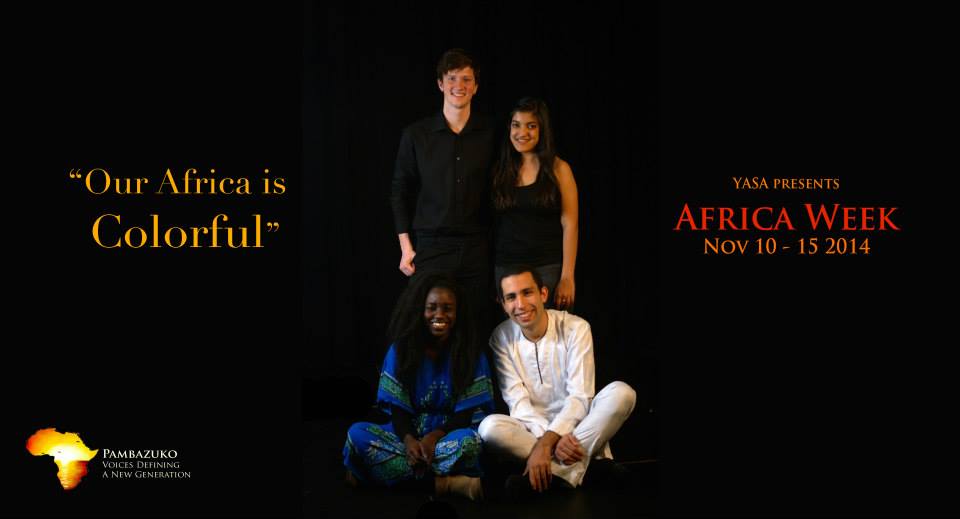
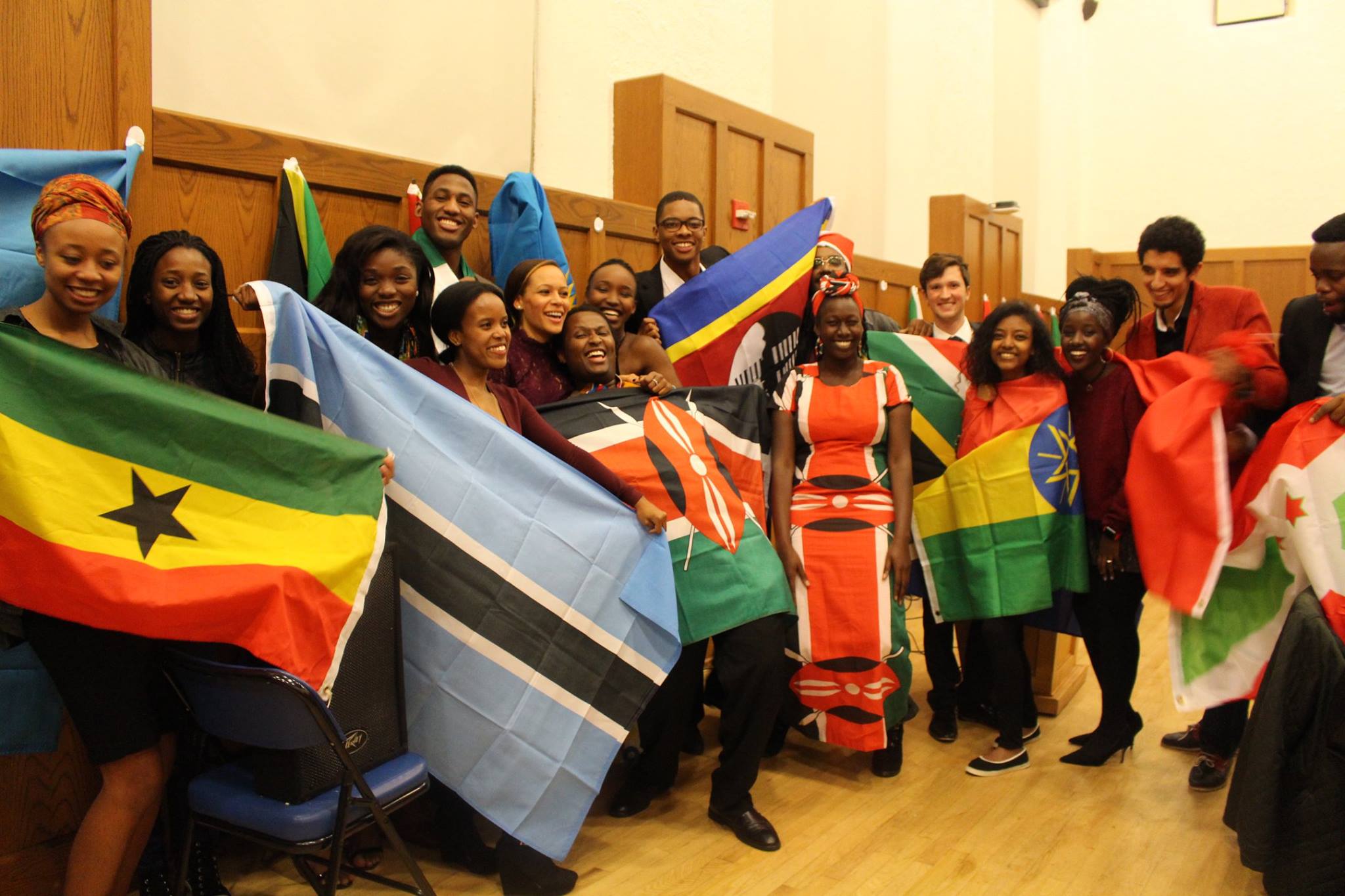
Notre Dame
-
Proposed course Becoming a Social Theorist: Where Micro Meets Macro in the Landscapes of Dune
Graduate levelSociological theory has many uses: it describes, explains, and predicts social phenomena; illuminates and debates meanings; orients and empowers action; and resists and challenges existing social configurations. Yet what we think theory is—and how we use it—depends on where we stand. Our theoretical orientations are shaped by biography, history, and situation, as well as by our position in intellectual and institutional fields. This class treats social theory as an ongoing, contested field, where competing perspectives shape how we understand the social world. Emphasis is placed on understanding the position of prominent social theorists and how they engage with different approaches to conceptualizing the social.
This course examines the long-standing divide between micro and macro sociology, emphasizing how scholars have attempted to synthesize these levels of analysis. Drawing on Denis Villeneuve’s Dune (2021, 2024) movies as a theoretical touchstone1, we explore how sociological concepts operate in both real and imagined societies. The rich and intricate social landscape of the Dune universe serves as an accessible yet analytically rich heuristic that allows us to interrogate core sociological concerns—power, agency, resistance, meaning-making, social networks, cognition, and institutions.
SyllabusSOC 34090 Foundations of Sociological Theory (Assistant Instructor)
This course introduces students to the foundational texts, philosophical debates, and intellectual traditions that have shaped the field of sociology. With a focus on major theorists such as Tocqueville, Marx, Weber, and Durkheim, students will engage deeply with primary texts to understand how sociological theory emerges in response to enduring questions about power, culture, agency, structure, and social order. Learning goals include developing a critical understanding of the philosophical underpinnings of social science, analyzing the central conceptual problems in classical and contemporary theorizing, and tracing the evolution of key theoretical schools. Students will cultivate their ability to interpret complex theoretical arguments, connect theory to empirical inquiry, and evaluate the relevance of classical theory to contemporary social issues. This course fulfills the Sociological Theory requirement for Sociology majors and minors.
PS 30600 Kinship on the Margins: Encountering Poverty and the Catholic Social Tradition (Assistant Instructor)
This interdisciplinary course integrates summer immersion with fall semester coursework to explore the moral, structural, and personal dimensions of poverty. Open only to students participating in the Summer Service Learning Program (SSLP), the course provides academic framing and reflection before, during, and after students' direct engagement with communities experiencing poverty. Learning goals include developing tools for critical social analysis, understanding the historical and systemic roots of inequality, and cultivating moral reasoning grounded in the Catholic social tradition. Students will engage key themes such as human dignity, solidarity, the common good, and the preferential option for the poor, drawing on scripture, Catholic social teaching (including Laudato Si’ and Solicitudo Rei Socialis), and contemporary theological and social thought. Through weekly readings, writing assignments, and interdisciplinary lectures, students will be challenged to articulate and defend responses to injustice rooted in a Catholic moral framework. Fulfilling the Catholicism and the Disciplines requirement, the course ultimately aims to foster “a disciplined sensibility to the poverty, injustice, and oppression that burden the lives of so many,” in keeping with the University’s mission.
Theology 33938 Confronting Social Issues: International (Assistant Instructor)
This course combines classroom learning with an 8–10 week international immersion through the Center for Social Concerns’ International Summer Service Learning Program (ISSLP). Designed for students with prior domestic service-learning experience, the course invites deeper engagement with global realities by working alongside grassroots organizations addressing the needs of their communities. Learning goals include understanding the complex dimensions of global poverty, applying tools of social analysis to identify root causes, and examining how social institutions relate to broader political, economic, and demographic contexts in the host country. Students will engage Catholic Social Teaching, particularly the principles of Solidarity and the Preferential Option for the Poor, as frameworks for ethical reflection. The course fosters cross-cultural competencies, global citizenship, and critical awareness of structural injustice. Academic requirements include a reflective journal, assigned readings and written work during the summer, six re-entry sessions in the fall, and a final paper or project.
SOC 40966 & SOC 44966 Research on American Cultural Change and Secularization I & II with Qualitative Coding Lab (Assistant Instructor)
This course is anchored in a collaborative, grant-funded research project exploring cultural transformation in the United States since the 1990s, with particular attention to shifting religious outlooks among Gen X and Millennials. Students will engage in hands-on empirical research investigating the causes and contours of religious change, including declining institutional affiliation, emergent spiritual identities, and broader cultural dynamics shaping belief and belonging. Learning goals include developing skills in sociological research methods, gaining familiarity with key theories of culture and cultural change, and analyzing the evolving landscape of American religion through the lens of the sociology of religion. Students will contribute to ongoing fieldwork, data analysis, and scholarly dissemination while cultivating critical thinking about the intersection of culture, identity, and secularization. Admission by instructor permission only.
SOC 43966 US Change & Secularization III (Assistant Instructor)
This advanced research workshop is the final phase of a multi-year, grant-funded sociological study on cultural change and secularization in the United States. Building on prior fieldwork conducted through the Pizzo Rome Scholars Program, students will complete data analysis and interpretation related to young adult religious change, institutional disengagement, and emerging spiritual orientations. The course emphasizes collaborative scholarship, with students contributing directly to the preparation of professional publications and presentations. Learning goals include deepening methodological expertise, refining analytical writing skills, and engaging critically with sociological theories of religion and culture. Students will read and discuss publication drafts, offering peer feedback and insight as part of a capstone research experience. Enrollment by permission of the instructor.
SOC 20342 Marriage and the Family (Teaching Assistant)
This course explores the family as a foundational social institution, central to early socialization, caregiving, and the transmission of values and worldviews. Students will examine the diversity of family forms across historical periods, cultural contexts, and social groups, gaining insight into how family life is shaped by—and shapes—broader social structures. Learning goals include understanding key sociological theories of the family, analyzing national patterns and trends in U.S. family life, and critically engaging with ongoing public debates about marriage, parenting, gender roles, and social change. Through empirical research, case studies, and comparative analysis, students will gain the conceptual and analytical tools to assess how family experiences intersect with class, race, gender, and religion. The course equips students to think sociologically about the challenges and transformations facing families in contemporary society.
University of Notre Dame Notre Dame, IN
PhD Candidate in Sociology
7/2021 - Present
Harry Frank Guggenheim Emerging Scholar (2025 - 2026)
Wilsey Distinguished Graduate Fellow at the Institute for Ethics and the Common Good (2025 - 2026)
College of Arts and Letters: Technology and the Common Good Research Grant (2024)
Kellogg Institute Graduate Research Grant (2022)
Kellogg Institute Fellow for the Study of Democracy and Development (2021 - present)
Sorin Fellow, de Nicola Center for Ethics and Culture (2018 - present)
NTK Academic Group Hong Kong
Instructor of English and Humanities
2020 - 2021
SOAS University of London London, UK
MS in Public Policy and Management
2019 - 2020
Yale-China Association Changsha, China
Yale-China Fellow
2018 - 2020
Yale University New Haven, CT
BA in Sociology (Intensive) and African Studies
9/2014 - 5/2018
R.F. Thompson Award for Outstanding Research in African Studies (2018)
Rhodes Scholarship Finalist – Southern Africa (2018)
Yale Chaplaincy Fellow (2016)
Yale African Students Association Board Member (2015, 2016)
Swimmer (Competed for Yale as a four-year varsity athlete)
